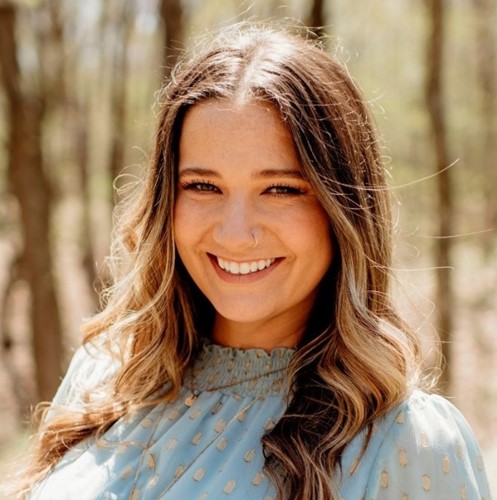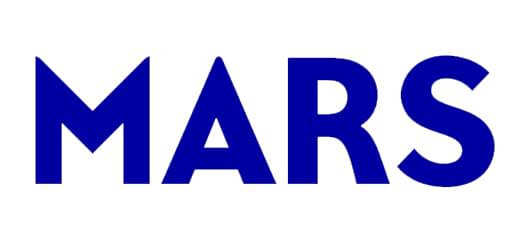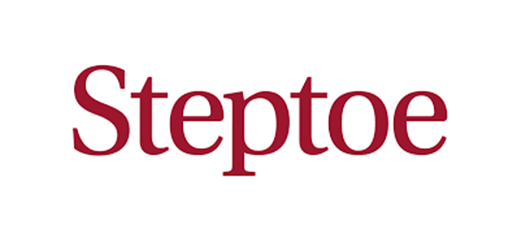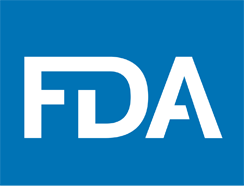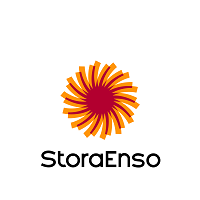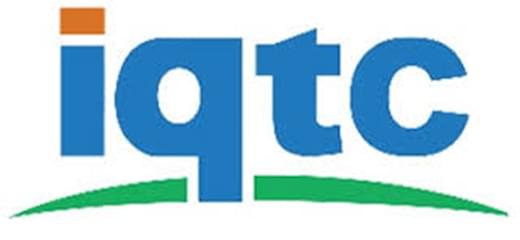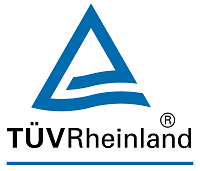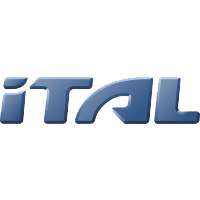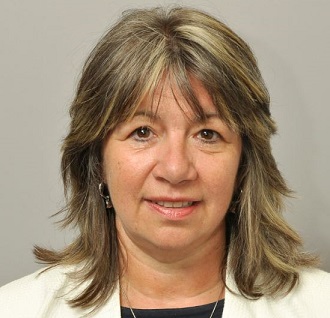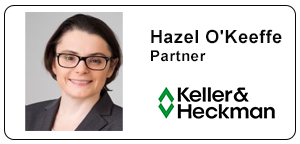
The PPWR entered into force on 11 February 2025 and will generally apply from 12 August 2026. It is introducing sweeping changes to how all packaging placed on the market in the EU and how packaging waste is regulated. At this time it is critical for all operators in the supply chain to be aware of their obligations and the timelines to keep in mind for implementing and delegated acts.
By attending this workshop delegates can delve into the intricacies of PPWR in relation to food contact materials on both a regional and global scale. In-depth analysis and Q & A session will allow you to consider your companies PPWR obligations and the critical timelines that need to be kept in mind.
This workshop, which will take place between 3pm to 5:30pm on Monday, 12 May 2025, will be a deep dive into the PPWR notably
• Obligations of the different actors in the supply chain including the ‘manufacturer’ (a broadly defined term), ‘supplier’, ‘importer’ and ‘distributor’
• Consider the challenges of the PPWR including with respect to substances of concern, recyclability, recycled content in plastic packaging, packaging minimization, restrictions on packaging formats and re-use and re-fill targets, compostable and bio-based materials
• Declaration of compliance, technical documentation and enforcement
• The interplay between the PPWR and other legislation such as the food contact legislation, the Single-use Plastics Directive and Ecodesign Regulation
• Considerations for Extended Producer Responsibility obligations
• Environmental labelling and claims
• The timelines for implementing and delegated acts
• What is left to the discretion of the EU Member States
Workshop timings
2:45 pm Workshop registration / refreshments
3:00pm Workshop intro
3:15 first talk
4:00 refreshment break
4:15 second talk
5:00 Q&A
5:30 workshop end




